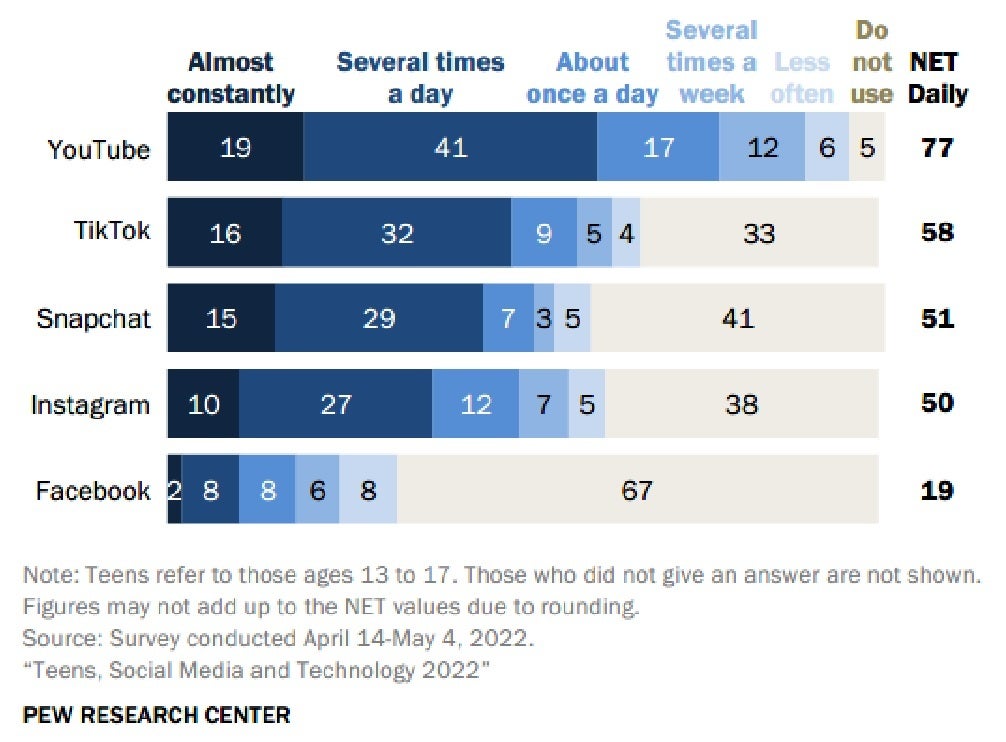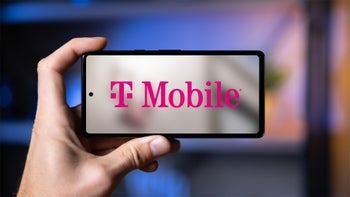Seattle School District sues YouTube, TikTok, and others for messing with students' mental health

According to GeekWire, Seattle Public Schools are suing several social media and streaming content apps claiming that they "successfully exploited the vulnerable brains of youth" in order to generate profits. And in return, the suit says that these apps used psychological methods to harm students' mental health. The apps named in the lawsuit include TikTok, YouTube, Facebook, Snap, and Instagram. Their parent companies (including Google, its parent company Alphabet, various Meta units, and ByteDance) are also defendants.
The lawsuit attacks several social media sites for using psychological tricks to keep children viewing their apps
The lawsuit was filed in United States District Court, Western District of Washington at Seattle, and seeks a jury trial. The school system says, "Defendants’ growth is a product of choices they made to design and operate their platforms in ways that exploit the psychology and neurophysiology of their users into spending more and more time on their platforms. These techniques are both particularly effective and harmful to the youth audience Defendants have intentionally cultivated, creating a mental health crisis among America’s youth."

Included in the suit is this graph from Pew Research showing the percentage of teens viewing various apps for different periods
The suit goes on to say that the aforementioned mental health crisis was a byproduct of the defendants seeking to achieve the largest profits possible. "Their business models are based on advertisements," says the suit. "The more time users spend on their platforms, the more ads Defendants can sell."
And the court filing also explains that "Youths are central to Defendants' business models. Youths are more likely to have a phone, to use social media, and to have downtime to spend on Defendants' social media platforms. Plus, youth influence the behavior of their parents and younger siblings." The suit notes that if these online companies were to lose the ability to capture teen users, they would lose their ability to grow.
The Seattle Public School District says, "Youths are particularly susceptible to Defendants' manipulative conduct because their brains are not fully developed, and they consequently lack the same emotional maturity, impulse control, and psychological resiliency as other more mature users. Defendants have successfully exploited the vulnerable brains of youth, hooking tens of millions of students across the country into positive feedback loops of excessive use and abuse of Defendants’ social media platforms."
The suit also criticizes the content that these apps disseminate and mention as an examples a "corpse bride" diet that limits caloric intake to only 300 calories a day. The average male should consume 2,000 to 3,000 calories a day while the average female should take in 1,600 to 2,000 calories a day. The Plaintiffs also accuse these apps of promoting "self harm."
The Defendants used various methods to keep children interested in their apps
A graph from the Pew Research Center included in the lawsuit shows the result of a survey that reveals 19% of teens use YouTube "Almost constantly" while 41% use it several times a day. 16% of teens use TikTok "Almost constantly." Those figures for Snapchat and Instagram were 15% and 10% respectively.
The filing says that the Defendants continuously flood content onto the screens of children to keep them scrolling for more content and to eliminate any reasons they might have for ending their sessions with these apps. Two other methods used to keep children signed in to these apps are called "Reciprocity" and Intermittent Variable Rewards (IVR). The latter rewards users for actions they take while looking at the app.
"IVR works by spacing out dopamine triggering stimuli with dopamine gaps—allowing for anticipation and craving to develop, which strengthens the desire to engage in the
activity with each release of dopamine," the lawsuit says. Reciprocity leads users to spend time on an app returning messages to unknown users who say that they "saw" the users messages even if they didn't admit to reading them.
activity with each release of dopamine," the lawsuit says. Reciprocity leads users to spend time on an app returning messages to unknown users who say that they "saw" the users messages even if they didn't admit to reading them.
The Plaintiffs want the court to Enter an Order stating that the actions of the Defendants constitute a public nuisance under the laws of the state of Washington. The school district also seeks an Order stating that the "Defendants are jointly and severally liable and must stop the actions that caused the public nuisance. The suit also asks that the Court stop the Defendants from taking actions that led to the filing of the complaint.
Follow us on Google News














Things that are NOT allowed:
To help keep our community safe and free from spam, we apply temporary limits to newly created accounts: